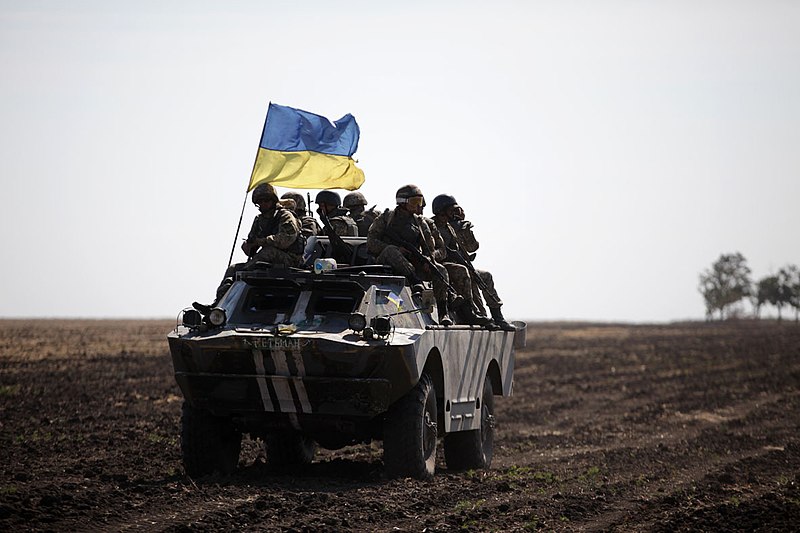
Following a request from the Government of Ukraine for medical equipment, protective gear and specialised equipment for public health risks such as chemical, biological, radiological and
nuclear (CBRN) threats, the European Commission has mobilised its new rescEUemergency reserves.
EU provided equipment includes 300,000 specialised protection suits, 5,600 litres of decontaminants and 850 pieces of equipment for decontamination operations. As hospitals in Ukraine are in urgent need of medical equipment, the EU is also donating patient monitors, infusion pumps and ventilators, together with protective equipment for the medical staff, like masks and gowns.
With total financial value of €11.3 million, this assistance will be delivered to Ukraine from the EU's emergency stockpiles hosted by Romania, Hungary, Sweden, Germany, Greece and Denmark.
Commissioner for Crisis Management, Janez Lenarčič said: “Russia's unjustified war and attacks on healthcare facilities have put Ukraine's health systems under severe pressure. For the past four months we have worked around the clock to ensure the EU's swift reaction to Ukraine's requests for specific equipment and humanitarian supplies. Already 30 countries have donated goods to Ukraine via the EU Civil Protection Mechanism, but given the immense medical needs caused by the ongoing war, we have mobilised the rescEU strategic reserves. Medical equipment, and equipment tailored to chemical, biological or nuclear emergencies are on the way to Ukraine. Hospitals and medical workers in Ukraine are working under fire, and we must do everything in our power to provide them the necessary tools to save lives.”
The EU's Emergency Response Coordination Centre is in constant contact with the Ukrainian authorities to provide further assistance based on the specific needs indicated by Ukraine.
Background
Following the activation of the EU Civil Protection Mechanism, rescEU provides an extra layer of protection and ensures a faster and more comprehensive response to disasters. The rescEU reserve is 100% EU-financed and the European Commission maintains, in close cooperation with the country hosting the reserve, control of their operation. In an emergency, the rescEU reserve provides assistance to all EU Member States, Participating States to the Mechanism and can also be deployed to EU neighbouring countries.
To improve the EU's preparedness and response to public health risks such as chemical, biological, radiological and nuclear (CBRN) threats, the Commission has been building strategic reserves of response capacities through the EU Civil Protection Mechanism. These include stockpiles that include both medical and CBRN medical countermeasures and equipment. Photo by Ministry of Defense of Ukraine, Wikimedia commons.



































